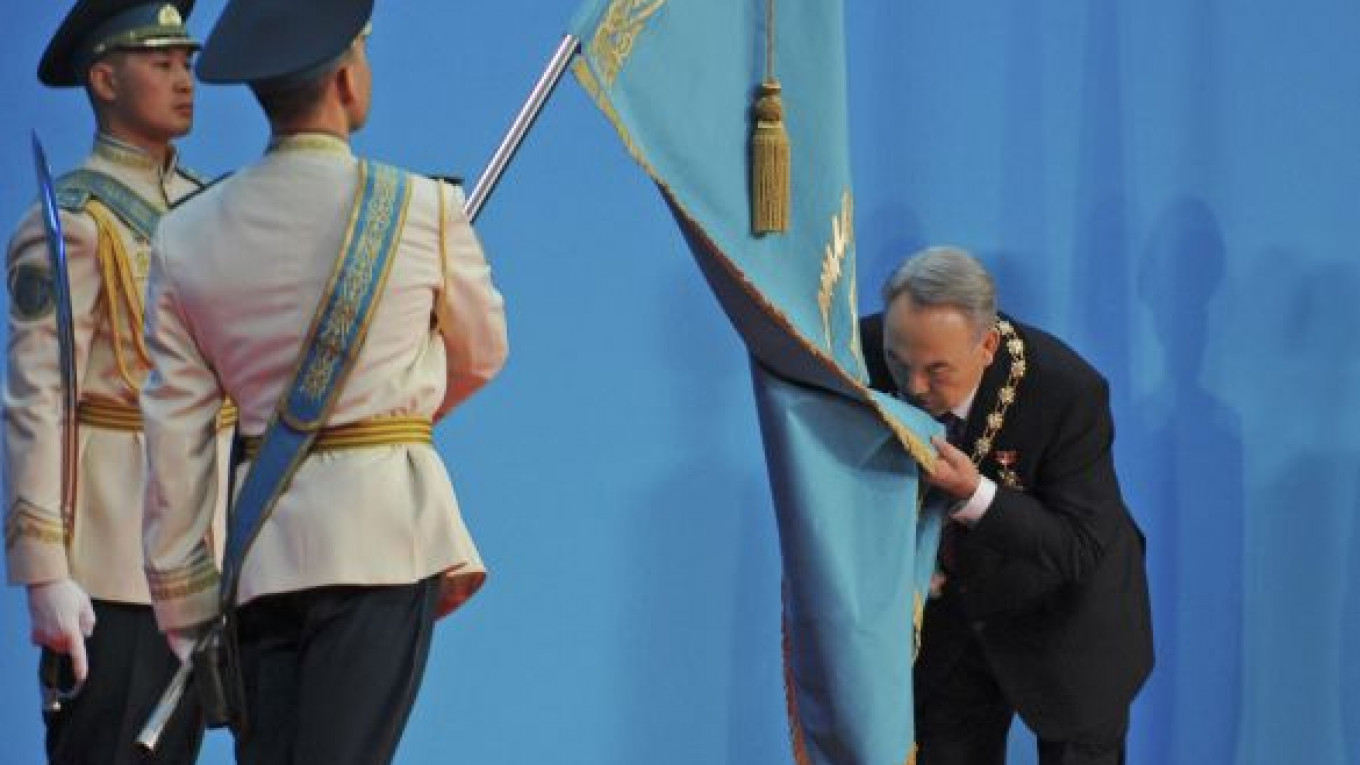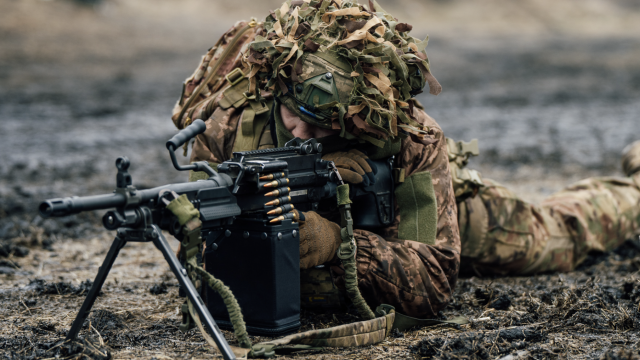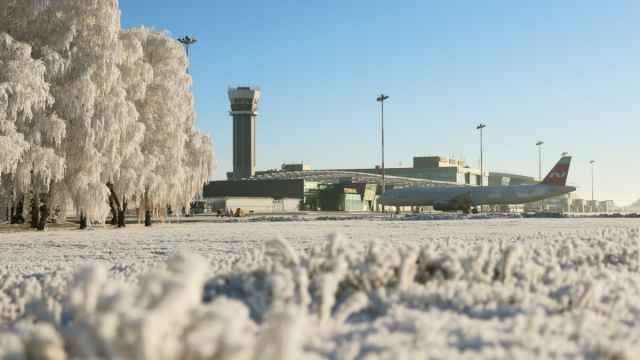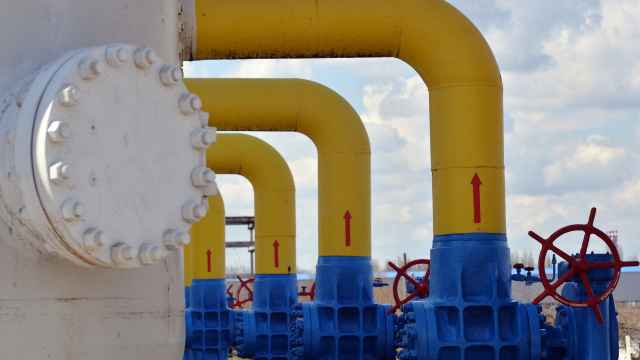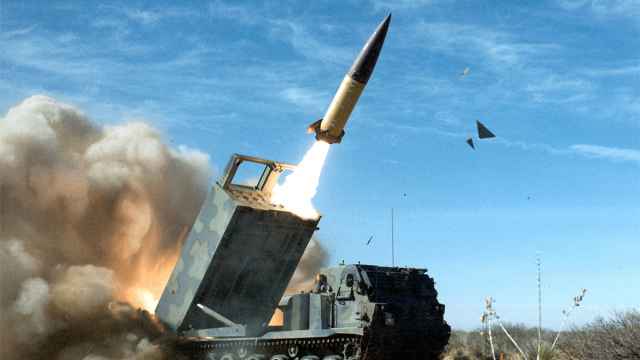ASTANA, Kazakhstan — Kazakh President Nursultan Nazarbayev, sworn in for the fourth time on Friday, has promised democratic reforms and retained his prime minister to push through ambitious plans to expand the largest economy in Central Asia.
Nazarbayev, 70, said Kazakhstan has become a modern and powerful state in his two decades of leadership and will join the world's 50 most competitive economies by the end of this decade.
He also promised steps to increase the powers of parliament and responsibilities of the government, to improve the electoral process and delegate more power to the regions.
"The tempo of our reforms is much faster than in any other advanced state where democracy has been developing for centuries," he said, after kissing the national flag during his swearing-in ceremony.
Thousands lined the streets of Astana, the futuristic capital city on the steppe, as a smiling Nazarbayev strode into the Palace of Independence on a red carpet to take the presidential oath.
"We will continue working on further democratization of our society," he said in a speech that outlined economic achievements since independence. "We will develop a network of responsible and free mass media," he added, without elaborating.
Nazarbayev's Nur Otan party holds every seat in the lower house of parliament, and lawmakers last year named him "leader of the nation" — a title that gives him the right to approve important national and foreign policies after he retires and grants him lifetime immunity from prosecution for acts committed during his rule. Programming on state television on Friday indicated there is little intention of pedaling back on what some have described as a creeping cult of personality devoted to Nazarbayev. In one program broadcast after the inauguration, young children extensively extolled Nazarbayev's virtues as a guarantor of stability. "He does everything, even though his job is difficult, he works so that everything will be good for us," one unidentified preschool student told Khabar state television.
Nazarbayev was re-elected by a landslide on April 3 in an election in which European monitors found "serious irregularities."
While growing oil-fueled prosperity and political stability have guaranteed Nazarbayev a genuinely high degree of popularity in Kazakhstan, the scale of his victory with 95.6 percent of all votes cast and the high turnout of 90 percent in the election surprised many international observers. The Organization for Security and Cooperation in Europe's election-monitoring arm said the vote was tarnished by numerous cases of ballot box stuffing, voter intimidation and a lack of transparency.
"It is important that the head of state won these elections so confidently. He has a new mandate for the continued development of our country," Prime Minister Karim Masimov said in an official statement announcing the government's resignation in a formality to accompany the president's lavish inauguration ceremony Friday.
Nazarbayev nominated Masimov to retain the post shortly afterward, and the docile parliament unanimously supported the nomination. Afterward, Masimov said in an address to the president, "I'm overwhelmingly proud of the fact that you have trusted me to participate in the big tasks required to grow Kazakhstan, our country." He also referred to himself as Nazarbayev's assistant and student.
By law, Masimov has 10 days to present Nazarbayev with his nominations for ministerial posts in a new government. Ministers will meanwhile keep their jobs in an acting capacity.
Masimov said in a recent interview that, like the president, he believed Kazakhstan needed an opposition presence in the parliament.
Changes to electoral law will permit the second-placed party in next year's parliamentary vote to have seats in parliament even if it falls short of the 7 percent threshold.
(Reuters, AP)
A Message from The Moscow Times:
Dear readers,
We are facing unprecedented challenges. Russia's Prosecutor General's Office has designated The Moscow Times as an "undesirable" organization, criminalizing our work and putting our staff at risk of prosecution. This follows our earlier unjust labeling as a "foreign agent."
These actions are direct attempts to silence independent journalism in Russia. The authorities claim our work "discredits the decisions of the Russian leadership." We see things differently: we strive to provide accurate, unbiased reporting on Russia.
We, the journalists of The Moscow Times, refuse to be silenced. But to continue our work, we need your help.
Your support, no matter how small, makes a world of difference. If you can, please support us monthly starting from just $2. It's quick to set up, and every contribution makes a significant impact.
By supporting The Moscow Times, you're defending open, independent journalism in the face of repression. Thank you for standing with us.
Remind me later.


